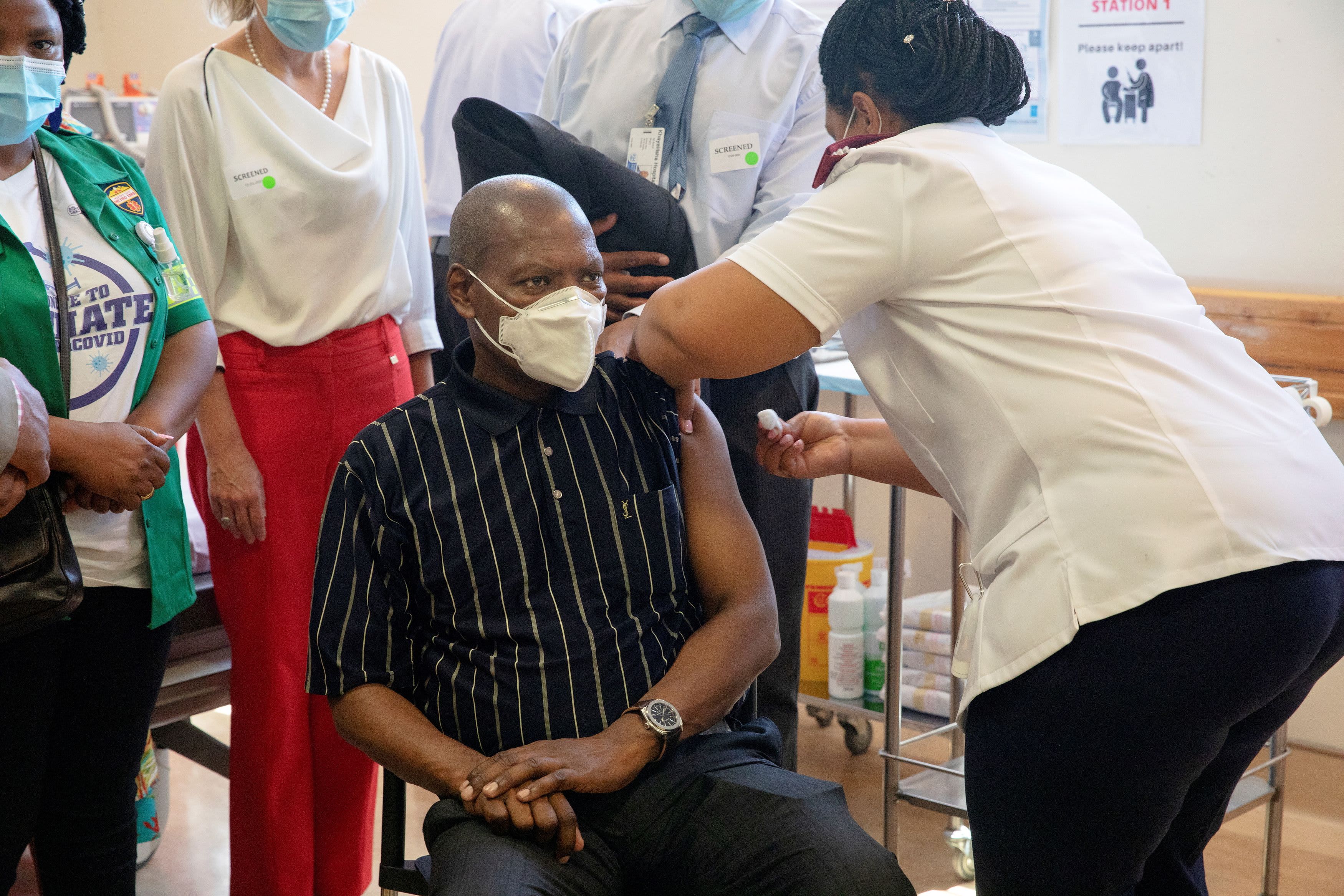Some countries are seeing an increasingly worrying rise in Covid cases in Africa that World Health Organization officials said Wednesday don’t represent the true size of the outbreak there.
Weekly Covid cases jumped 44% to 95,000 while fatalities rose 20% to 1,400 over the previous week across Africa as new cases decreased in every other region across the globe, even in India which is currently battling the worst outbreak in the world.
“While the numbers in Africa themselves … don’t represent a massive proportion of global cases, we know that diagnosis in Africa is not at the same level of intensity. So when you see the shift in trend, the trend is concerning,” Dr. Mike Ryan, executive director of the WHO’s health emergencies program said Wednesday. “And when you look at the proportion of vaccines in the world that are going to Africa, then that trend is even more concerning.”
An increase in cases 18 months into the pandemic is worrying for health officials and highlights the shortcomings of funding for vaccine equity initiatives. WHO officials say more testing is needed in the region.
Maria Van Kerkhove, WHO’s technical lead for Covid-19, said some are saying it’s the start of a third peak in some countries in Africa.
“We don’t know how many cases have been reported to date, we assume that we are missing many many cases,” Van Kerkhove said.
The WHO said in late May that Africa needs 20 million vaccine doses by mid-July to give patients their second doses to ensure sufficient protection from the virus.
Vaccine sharing campaigns’ lack of funding have left Africa behind in its acquisition of the life-saving shots, “the lowest number of vaccines in the world are currently in Africa,” Ryan said.
Many countries have made pledges to share millions of doses around the world, but WHO officials say those doses need to make their way to low income countries immediately and without delay. The continent has received less than 2% of the worlds available vaccine doses so far.
For every 100 people in a high income country, about 60 vaccines have been delivered. For every 100 people in a low income country, one vaccine has been delivered, according to Ryan. “That is a brutal reality, and there are people dying today who should not have to die because they haven’t been protected with vaccines,” he said.
A study recently published in The Lancet showed that mortality rates in several different countries in Africa and determined risk factors. Along with vaccine access, lack of access to basic resources like hospital beds and oxygen was identified as a driving factor of mortality rates in the African countries.
“We have these tools at hand, we’re just not using them and they’re not in the right hands around the world, and I think all of us need to reflect on that,” Van Kerkhove said.
